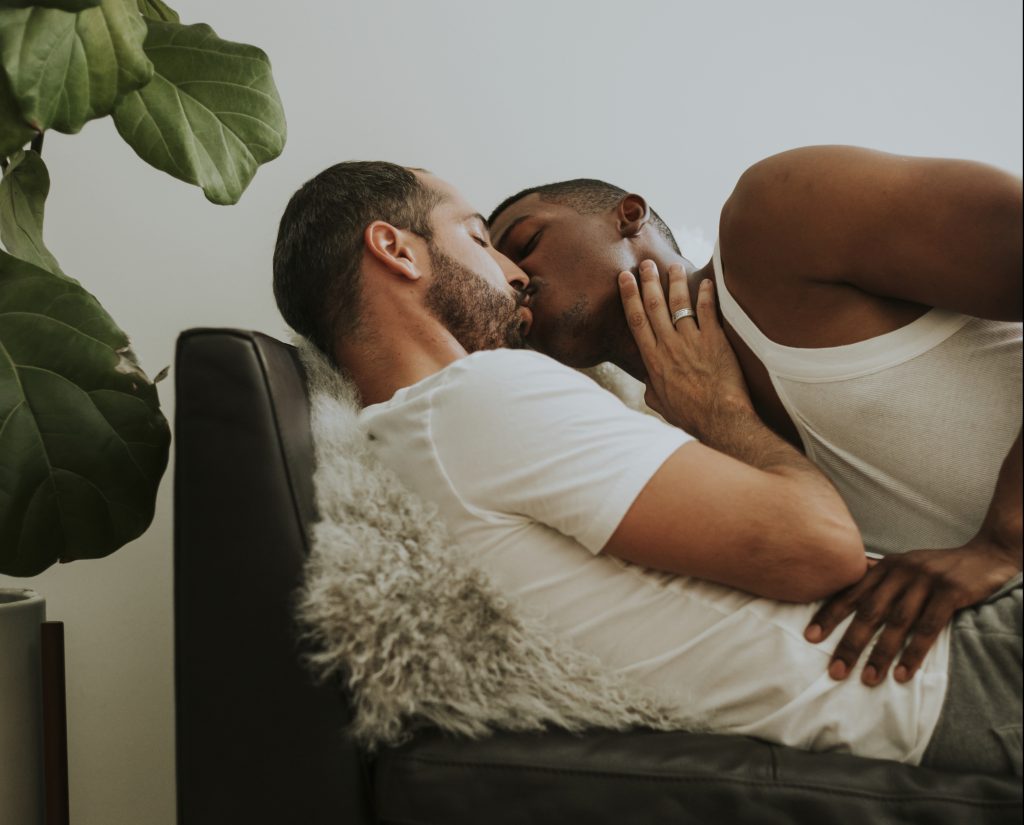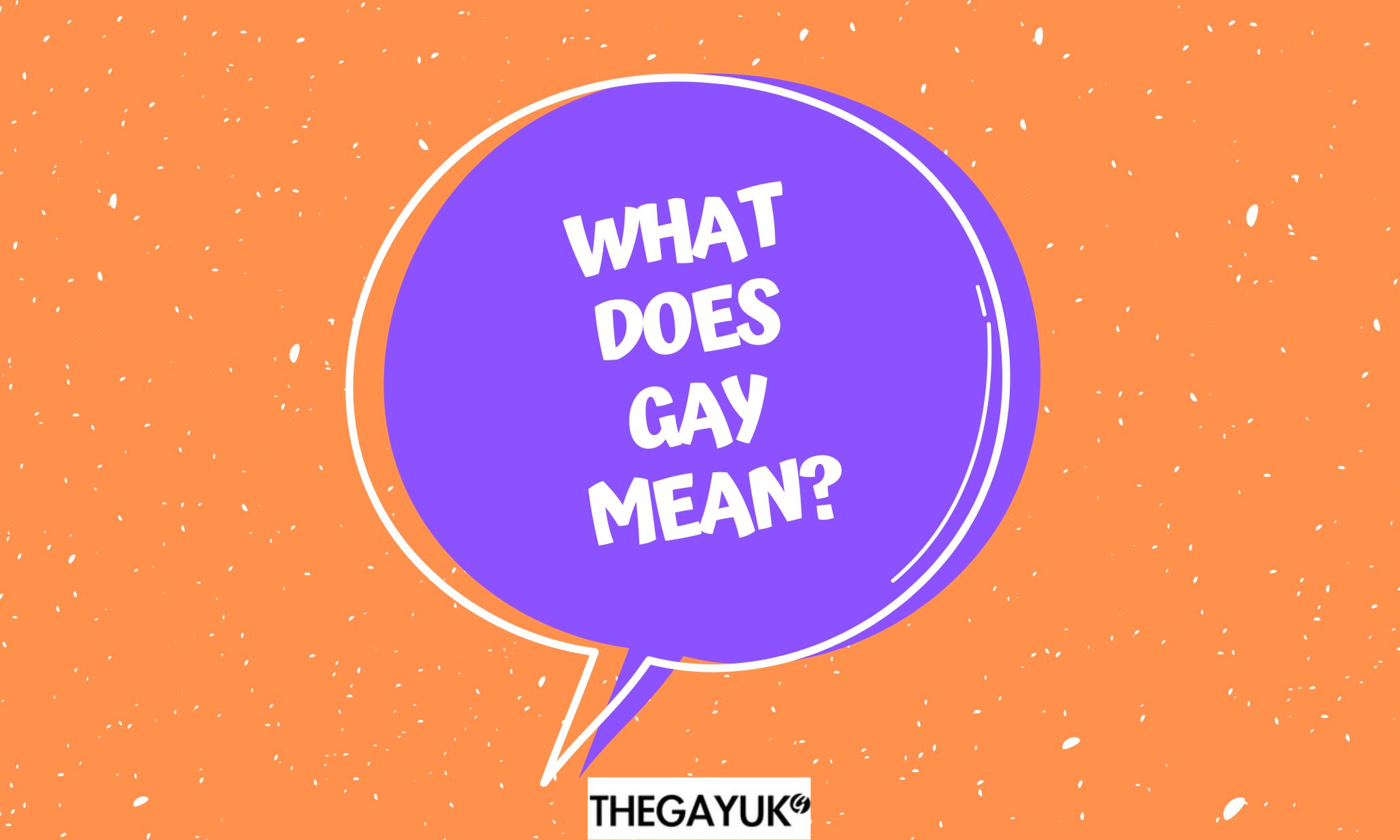The term “gay” can have different meanings depending on the context. However, most commonly, “gay” refers to someone who is primarily attracted to people of the same sex. It is often used as a term to describe homosexuality or the LGBTQ+ community, specifically those who identify as gay.
Is Being Gay A Choice?
Being gay is not a choice, but rather a natural part of a person’s identity. Respecting and accepting people for who they are is important, regardless of their sexual orientation or gender identity.
It is also important to note that the term “gay” can be used as an adjective to describe things that are related to LGBTQ+ culture or the community as a whole. For example, someone might say “this is a gay-friendly establishment”, to indicate that it is welcoming and supportive of LGBTQ+ people.
When did the term gay replace the word homosexual?

The term “gay” began to gain prominence as a term for homosexuality in the mid-20th century, and it gradually became more common than “homosexual” in the decades that followed. The use of “gay” in this context is believed to have emerged from gay subcultures in urban areas, where it was used as a code word to refer to homosexuality without drawing attention from heterosexuals.
The term “homosexual” has a more clinical and scientific connotation and was commonly used in medical and legal contexts. However, it also had negative connotations and was often associated with mental illness and deviance.
The use of “gay” as a more positive and affirming term for homosexuality gained momentum during the gay rights movement of the 1960s and 1970s, and it eventually became the dominant term used to refer to homosexuality in mainstream society. Today, the term “gay” is widely accepted and has largely replaced “homosexual” as the standard term for same-sex attraction and relationships.
Can only men be gay?
No, both men and women can be gay. The term “gay” refers to a person who is primarily attracted to people of the same gender, regardless of their own gender. So, a man can be gay if he is attracted primarily to other men, and a woman can be gay if she is attracted primarily to other women.
It’s worth noting that some people may use other terms to describe their sexual orientation, such as “lesbian” for women who are primarily attracted to other women, or “queer” as an umbrella term for anyone who doesn’t identify as exclusively heterosexual. However, the term queer is incredibly controversial amongst gay men.
Is Queer an acceptable term to use for gay men?
In July 2017 we asked over 200 people whether they thought queer as an umbrella term for the LGBT+ community was acceptable; sixty per cent did not. Some commented that the word was “triggering” and “deeply offensive”, particularly to men who identified as gay.
In 2018 only 13% of men surveyed preferred the term queer men and in 2023, that decreased even further to just 8.1%.
Ultimately, the language that people use to describe their sexual orientation is personal and can vary from person to person.
Are gay men different to straight men?
In terms of core human characteristics, gay men and straight men are not fundamentally different. However, there may be some differences in their behaviors, attitudes, and experiences that can be shaped by social and cultural factors, as well as personal experiences.
For example, gay men may face unique challenges related to their sexual orientation, such as discrimination, social stigma, and a lack of legal protections in some regions. These experiences can shape their perceptions of the world and their interactions with others.
On the other hand, gay men may also share some common experiences with other marginalized groups, such as women and people of colour. For example, they may have experienced prejudice and discrimination based on their identity and may have developed resilience and coping mechanisms to navigate these challenges.
Despite these differences, it’s important to recognize that all people, regardless of their sexual orientation, are diverse and multifaceted individuals with unique personalities, experiences, and perspectives.


